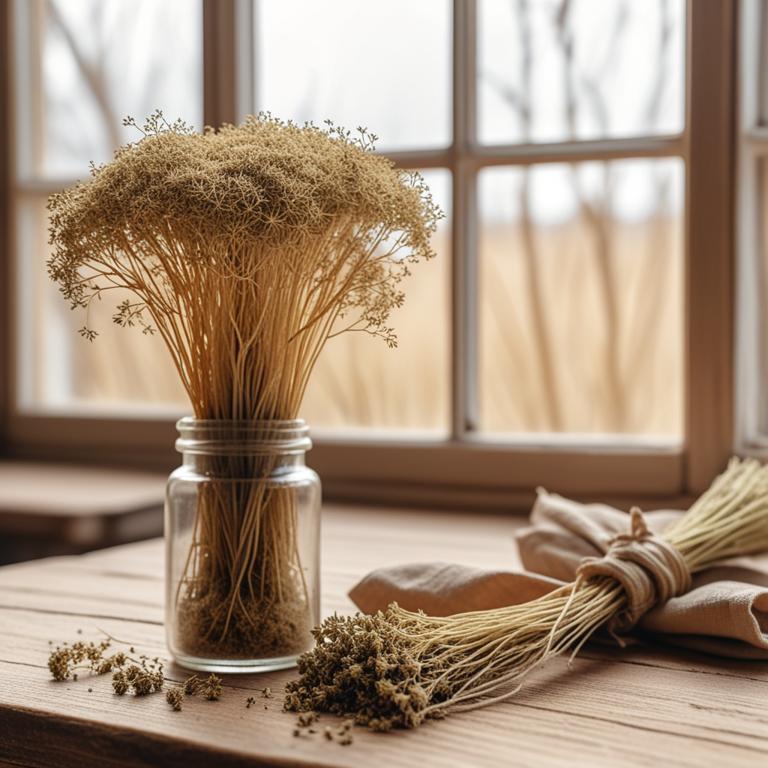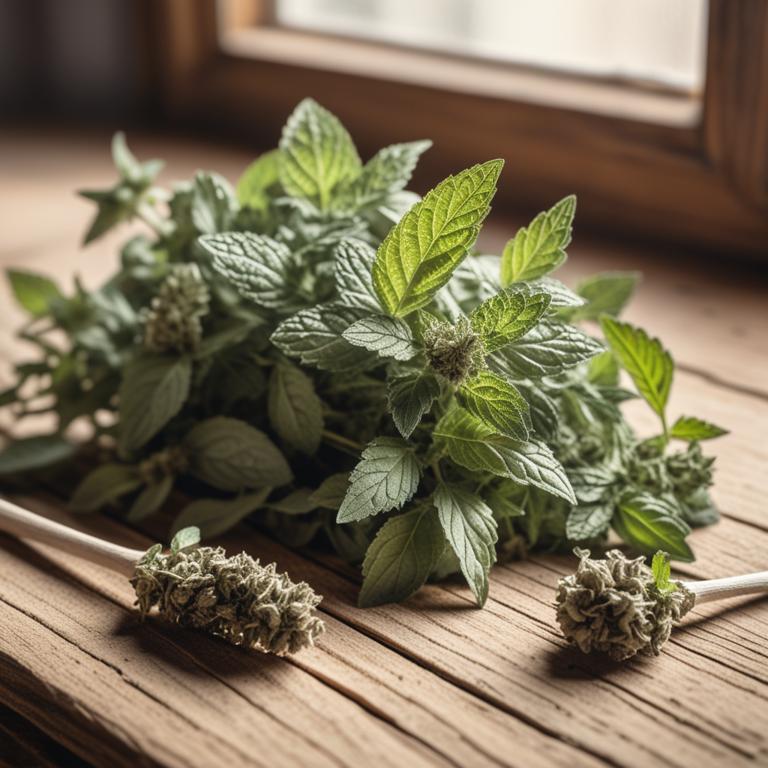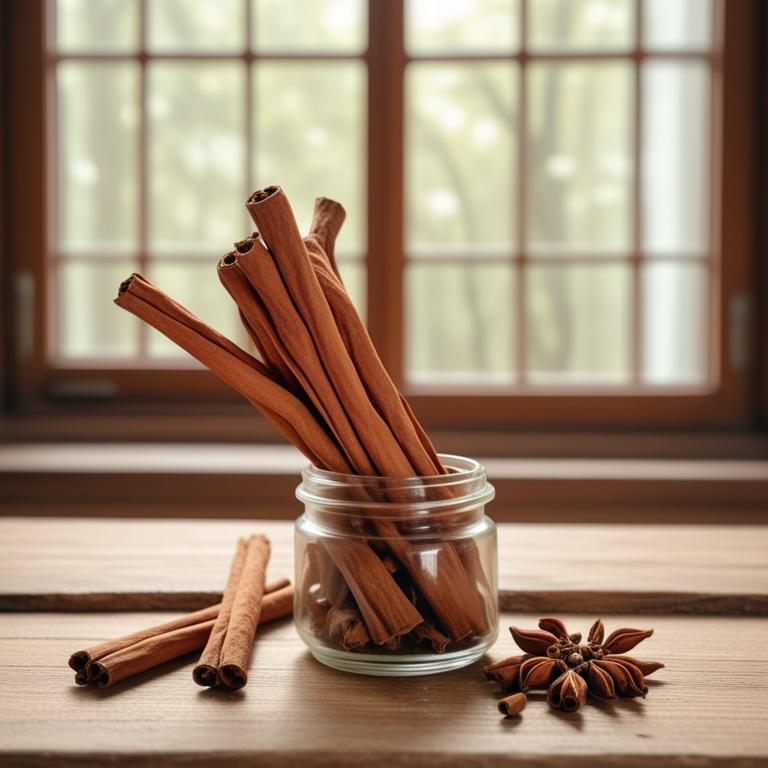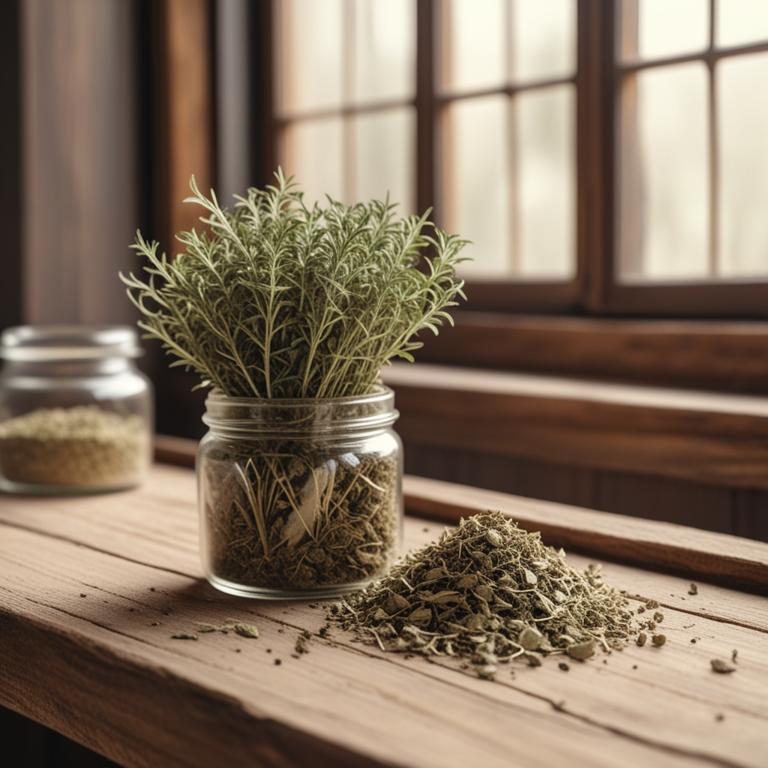Updated: Dec 1, 2024
Diverticulitis Causes, Herbal Remedies, and Alternative Approaches to Healing
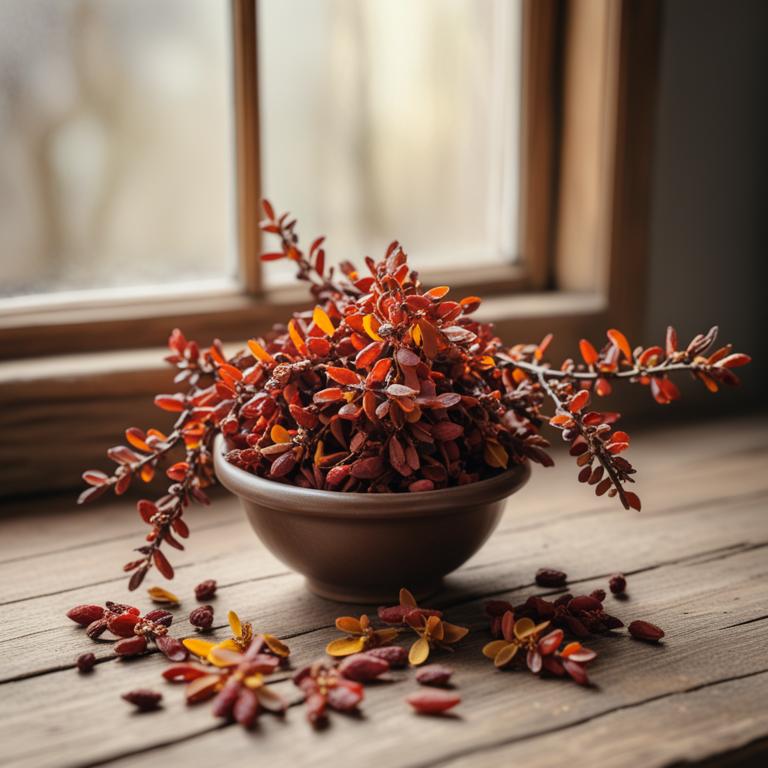
Diverticulitis is a painful condition where small pouches in the digestive tract become inflamed.
These pouches, called diverticula, can cause severe abdominal pain, fever, and even blood in the stool. It can make everyday activities like eating, sleeping, and even walking difficult. Diverticulitis often develops from a combination of factors, including a low-fiber diet, lack of exercise, and constipation. When the muscles in the digestive tract have to work harder to move waste through the system, the diverticula can become inflamed. Some herbal remedies may help alleviate the symptoms of diverticulitis.
Slippery elm, for example, is a natural demulcent that can soothe the digestive tract and reduce inflammation. Dandelion root, on the other hand, is a natural laxative that can help promote regular bowel movements and reduce pressure on the diverticula. You can prepare these herbs as teas to drink, or make a decoction by simmering them in water. Some people also use slippery elm in a capsule or powder form. Dandelion root tea can be made by steeping the roots in hot water for a few minutes.
You can also add other herbs like peppermint or ginger to create a soothing and calming tea.
Table of Contents
- What factors contribute to the risk of developing diverticulitis?
- What advantages do herbs have in treating diverticulitis naturally?
- What are the main medicinal herbs used in the treatment of diverticulitis?
- What are the most popular herbal remedies for treating diverticulitis?
- What herbs should be avoided if you are experiencing diverticulitis?
- FAQ
What factors contribute to the risk of developing diverticulitis?
The main causes of diverticulitis are related to how we live our daily lives.
A low fiber diet is one of the main causes. When we don't eat enough fiber, our stool becomes harder and drier, making it harder to pass. This puts a lot of pressure on the digestive system, particularly the colon, which can cause small pouches in the wall of the colon to form. Over time, these pouches can become inflamed, leading to diverticulitis. Being obese is another cause. When we're overweight, our digestive system works harder to digest food.
This extra pressure on the colon can cause the small pouches to form and become inflamed. Physical inactivity is also a contributing factor. When we don't move our bodies enough, our digestive system can become sluggish, and our stool can become harder and drier. This puts extra pressure on the colon, making it more likely to develop diverticulitis. Constipation is the final piece of the puzzle. When we don't go to the bathroom regularly, our stool can become backed up and put extra pressure on the colon. This can cause the small pouches to form and become inflamed, leading to diverticulitis.
These factors all work together to increase our risk of developing diverticulitis.
What advantages do herbs have in treating diverticulitis naturally?
Using herbs for diverticulitis can be a great way to manage symptoms and prevent flare-ups.
One of the main benefits is that they can help reduce inflammation and swelling in the digestive tract, which is a major contributor to the pain and discomfort associated with the condition. These herbs can also help ease digestive issues, such as bloating and cramps, by regulating bowel movements and promoting a healthy gut.
Additionally, they can help boost the immune system, making it easier for the body to fight off infections and other complications. Some herbs may also have antimicrobial properties, which can help prevent the growth of bacteria that can worsen diverticulitis. Furthermore, using herbs can be a gentle and non-invasive way to manage symptoms, making it a great alternative to medication or surgery.
They can also be used in conjunction with other treatments to enhance their effectiveness.
What are the main medicinal herbs used in the treatment of diverticulitis?
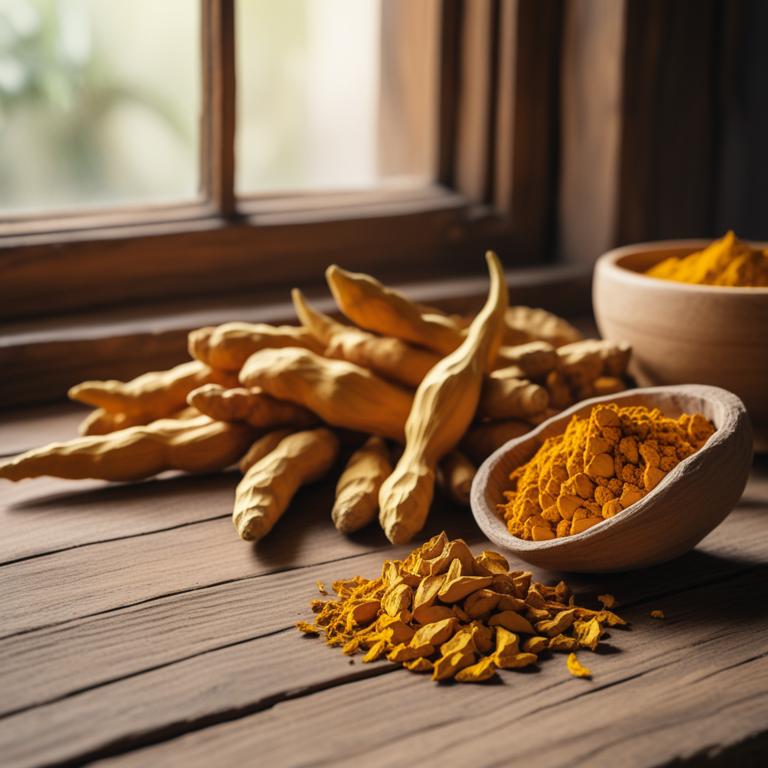
Herbs can be a helpful addition to managing diverticulitis.
One key herb is Curcuma longa, also known as turmeric. It contains a compound called curcumin that has potent anti-inflammatory properties. This helps to reduce swelling and pain in the digestive tract, which is often a major symptom of diverticulitis. Curcumin also has antimicrobial properties, which can help combat bacterial infections that can cause or exacerbate diverticulitis. Another herb that can be beneficial is Zingiber officinale, also known as ginger. Ginger has anti-inflammatory properties that can help reduce pain and swelling in the digestive tract. It also has a soothing effect on the digestive system, which can help to calm inflammation and promote healing. Additionally, ginger has been shown to have antimicrobial properties that can help combat bacterial infections. Licorice root, or Glycyrrhiza glabra, is another herb that can be helpful in managing diverticulitis.
It has anti-inflammatory properties that can help reduce swelling and pain in the digestive tract. Licorice root also has a soothing effect on the mucous membranes in the digestive tract, which can help to calm inflammation and promote healing. Dandelion root, or Taraxacum officinale, is a herb that can help to promote healing in the digestive tract. It has a soothing effect on the mucous membranes and can help to reduce inflammation and promote the growth of new tissue. Dandelion root is also a natural diuretic, which can help to reduce fluid buildup in the digestive tract and promote healing. Marshmallow root, or Althaea officinalis, is a herb that can help to soothe and calm the digestive tract. It has anti-inflammatory properties that can help reduce swelling and pain, and it can also help to promote the growth of new tissue. Marshmallow root is also a natural demulcent, which means it can help to create a protective barrier on the mucous membranes and soothe inflammation. It's worth noting that while these herbs may be beneficial, they should not be used as a replacement for medical treatment.
If you have been diagnosed with diverticulitis, it's essential to work with your healthcare provider to develop a treatment plan that includes herbs and other therapies as needed.
What are the most popular herbal remedies for treating diverticulitis?
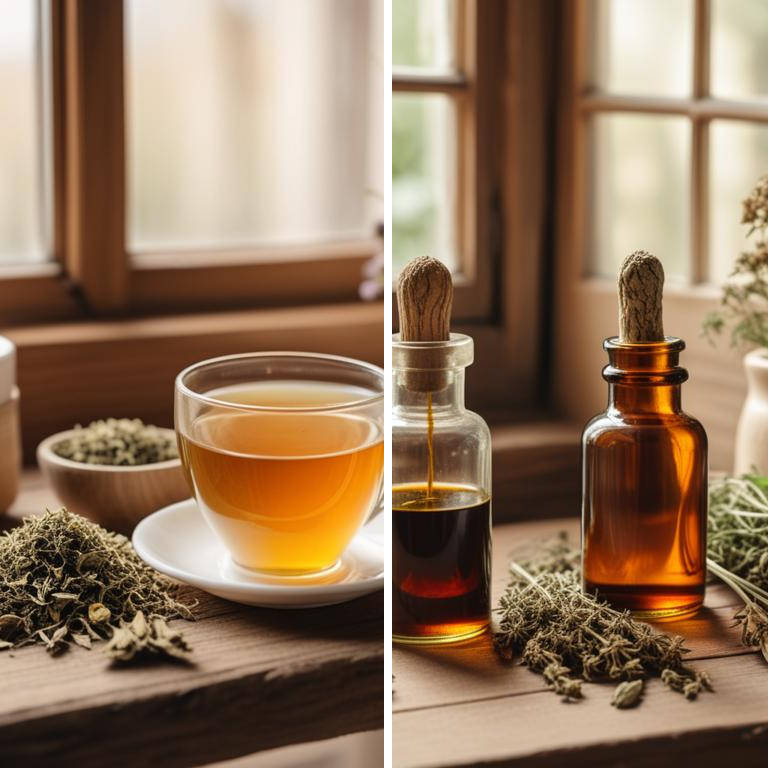
If you're experiencing diverticulitis, herbal preparations can be a helpful addition to your treatment plan.
A decoction of slippery elm is great for soothing the digestive tract and reducing inflammation. This is because slippery elm contains mucilage, a thick, protective substance that coats the gut and helps it heal. You can make a decoction by boiling the root of the slippery elm plant in water for several minutes. Drinking a tea made from marshmallow root can also be beneficial. Marshmallow root contains anti-inflammatory compounds that can help reduce swelling and pain in the digestive tract. To make a tea, simply steep dried marshmallow root in hot water for a few minutes.
Some people prefer to take herbal preparations in capsule form, and a good option for diverticulitis is a capsule containing peppermint oil. Peppermint oil has natural anti-inflammatory properties that can help ease digestive discomfort and reduce pain. If you prefer to take herbal preparations as a liquid, a tincture of dandelion root can be a good option. Dandelion root contains compounds that can help stimulate digestion and reduce inflammation in the digestive tract. To use a tincture, simply add a few drops to water or another liquid. Another way to use herbal preparations to help with diverticulitis is through infusion. An infusion of meadowsweet can be helpful because it contains compounds that have anti-inflammatory properties and can help reduce pain.
To make an infusion, simply steep dried meadowsweet flowers in hot water for a few minutes.
Additional Resources:
What herbs should be avoided if you are experiencing diverticulitis?
If you have diverticulitis, it's best to avoid certain herbs that might make the condition worse.
For example, Hypericum perforatum, also known as St. John's Wort, can lower your blood pressure and affect blood clotting, which can be a problem if you have diverticulitis. Ginkgo biloba can also cause bleeding, which is a concern for people with diverticulitis.
Urtica dioica, or stinging nettle, may increase inflammation in the digestive system, making diverticulitis symptoms worse. Silybum marianum, or milk thistle, can affect blood clotting and increase the risk of bleeding. Aristolochia clematitis, also known as birthwort, contains a chemical called aristolochic acid, which can cause damage to the kidneys and worsen diverticulitis symptoms.
These herbs can have negative interactions with medications used to treat diverticulitis, or worsen the condition itself.
FAQ
Are there any specific herbs that can prevent diverticulitis?
Ginger and turmeric are herbs that may help prevent diverticulitis.
They contain anti-inflammatory compounds that can soothe the digestive tract and reduce inflammation in the diverticula. Turmeric's curcumin can also help improve digestion and reduce the risk of diverticulitis.
Ginger's anti-inflammatory properties can help ease digestive discomfort and promote healing.
Is it safe to use herbal remedies for diverticulitis during pregnancy?
During pregnancy, it's best to avoid herbal remedies for diverticulitis.
Some herbs can stimulate the uterus and cause complications. Additionally, the effects of herbal remedies on an unborn baby are not well understood.
If you're pregnant and have diverticulitis, talk to your doctor about safe treatment options.
Are there any herbs that can reduce the frequency of diverticulitis?
Some people use turmeric and ginger to help manage diverticulitis.
Turmeric contains a compound called curcumin, which may reduce inflammation. Ginger has anti-inflammatory properties that can help ease digestive issues.
These herbs may help reduce the frequency of symptoms, but more research is needed to confirm their effectiveness in preventing diverticulitis attacks.
Related Articles
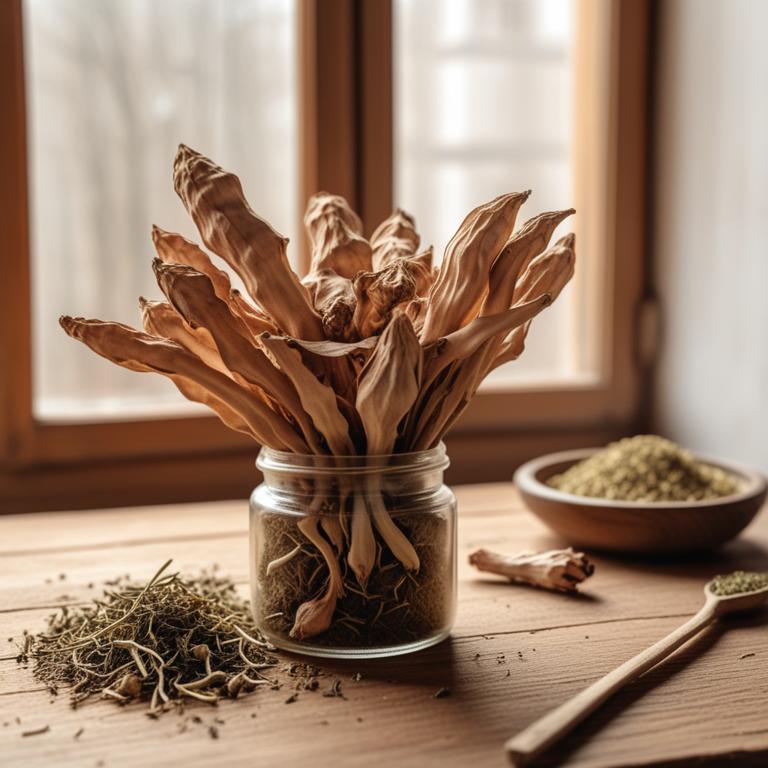
Stomach Pain Relief: Understanding Causes and Using Herbal Preparations
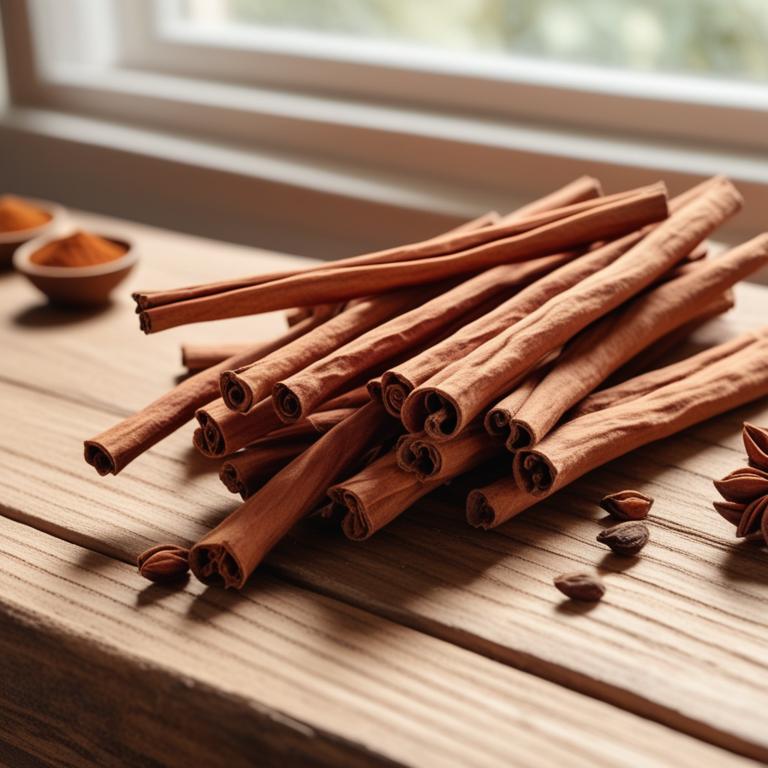
Overcoming Loss of Appetite: Causes, Medicinal Herbs, and Herbal Remedies
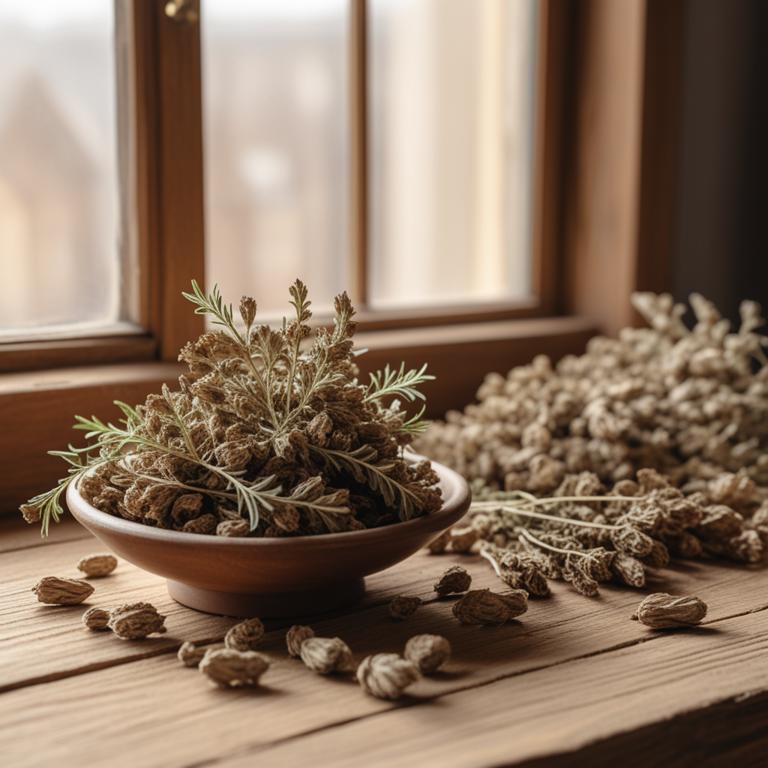
Diverticulitis Causes, Herbal Remedies, and Alternative Approaches to Healing
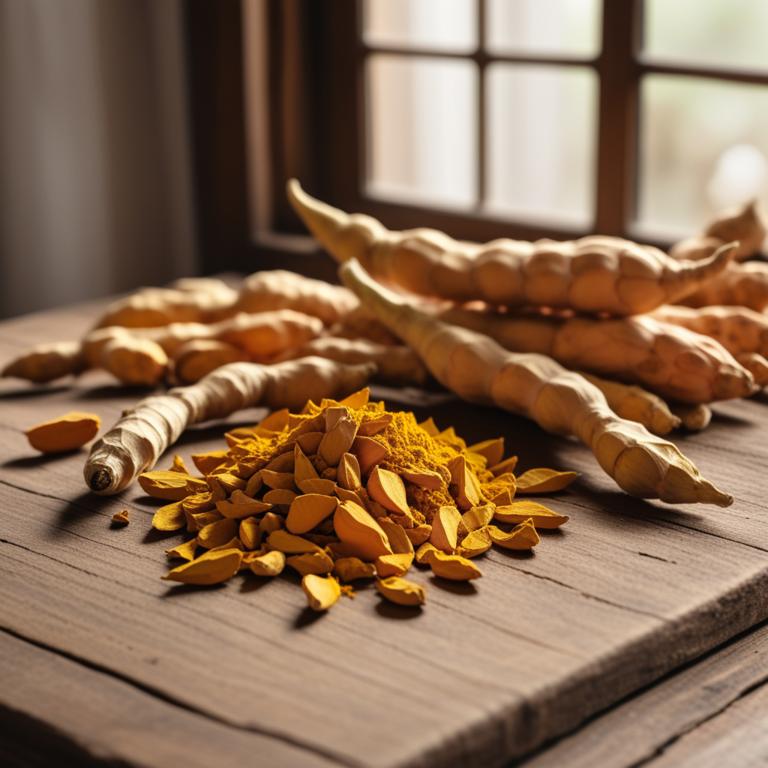
Cholecystitis: Causes, Symptoms, Medicinal Herbs, and Therapeutic Herbal Preparations
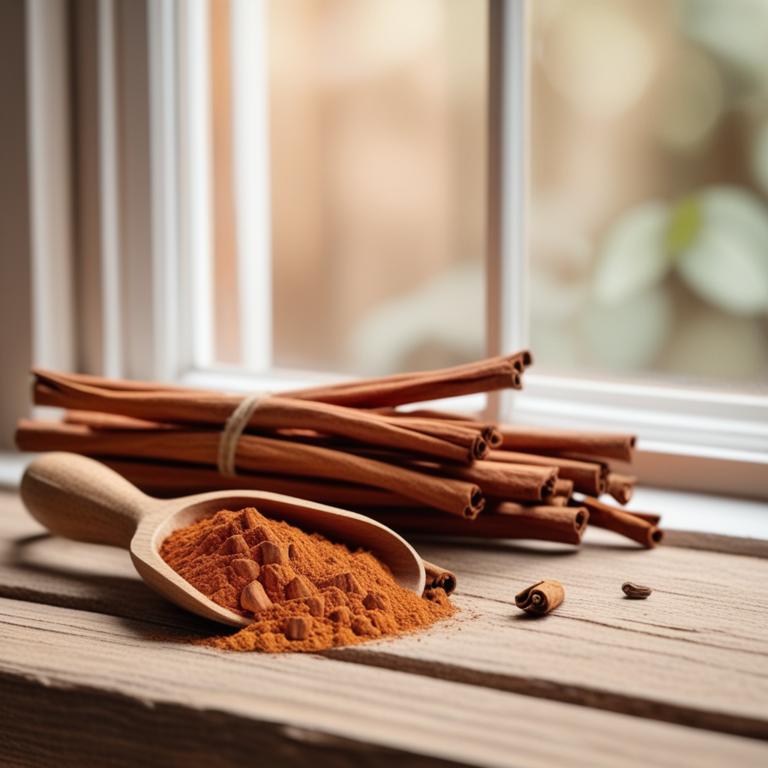
Sour Taste in Mouth: A Guide to Medicinal Herbs and Preparations
